Beijing condemns top officials' shrine visit
Updated: 2016-08-16 07:53
By Cai Hong in Tokyo and Mo Jingxi in Beijing(China Daily)
|
||||||||
Two Cabinet ministers, 70 lawmakers pay their respects; Chinese experts say PM unrepentant
China expressed strong opposition to Japanese Cabinet members' visits to the Yasukuni Shrine on Monday, saying it again reflects the Japanese government's wrong attitude toward history.
Also Monday, Japan's Prime Minister Shinzo Abe dispatched an aide to make an offering at the controversial shrine on the anniversary of Japan's wartime surrender.
Two Cabinet members - Internal Affairs Minister Sanae Takaichi and Deputy Chief Cabinet Secretary Koichi Hagiuda - visited the shrine, along with about 70 lawmakers from the ruling Liberal Democratic Party and the main opposition group, the Democratic Party.
"We seriously urge the Japanese side to earnestly face up to history and reflect on its past aggressive history, and properly handle related issues in a responsible manner," the Foreign Ministry said in a statement released on its website.
Tomomi Inada, Japan's new defense minister, who is a regular visitor to the shrine on the Aug 15 anniversary of Japan's wartime surrender, was unable to go because she was on a three-day trip to Djibouti for a review of Japanese military personnel stationed there.
The Yasukuni Shrine in Tokyo honors Japan's war dead, including 14 Class-A war criminals convicted by an Allied tribunal, and is seen as a symbol of Japan's past militarism.
South Korea's Ministry of Foreign Affairs also expressed deep concern and regret on Monday, calling on Japanese politicians to show humble introspection and sincere repentance over the country's militaristic past.
Abe vowed on Monday at a ceremony honoring victims of the war that Japan would work for world peace, according to Reuters.
"Going forward, and sticking to this firm pledge while facing history with humility, we will make every effort to contribute to world peace and prosperity and the realization of a world where everyone can live without fear," he said.
In Nanjing, Jiangsu province, Japanese citizens attended a gathering on Monday to mourn the victims of the Nanjing Massacre, in which more than 300,000 Chinese were murdered by Japanese soldiers in 1937.
Zhou Yongsheng, a professor of international relations at China Foreign Affairs University, said Abe's offering at the shrine was a cunning choice to declare right-wing sentiments while also considering the concerns of the international community.
"However, if the Japanese government does not face up to its wartime aggression and admit the existence of the Nanjing Massacre, it will be a political trick no matter whether Abe chooses to visit or not," he said.
Da Zhigang, a Japanese studies researcher at Heilongjiang Provincial Academy of Social Sciences, said Abe's offering shows his ambivalence.
"You can tell that he wants to visit the shrine in his heart, but as a politician, he is under pressure to maintain a good diplomatic environment," he said.
Contact the writers at caihong@chinadaily.com.cn
- Premier Li to receive Aung San Suu Kyi
- S Korean president names 3 new ministers for partial reshuffle
- 1 dead, 2 injured in explosion in S Korean naval base
- 29 people killed in two separate bus accidents in Nepal
- Fifteen sets of twins from same area prepare for school
- Beach dedicated to dogs opens in Croatia

 British dad turns breakfast into work of art
British dad turns breakfast into work of art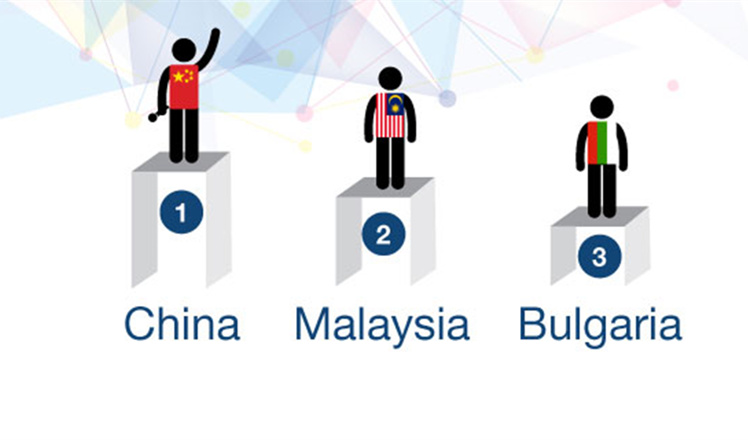
 China inches up Global Innovation Index 2016
China inches up Global Innovation Index 2016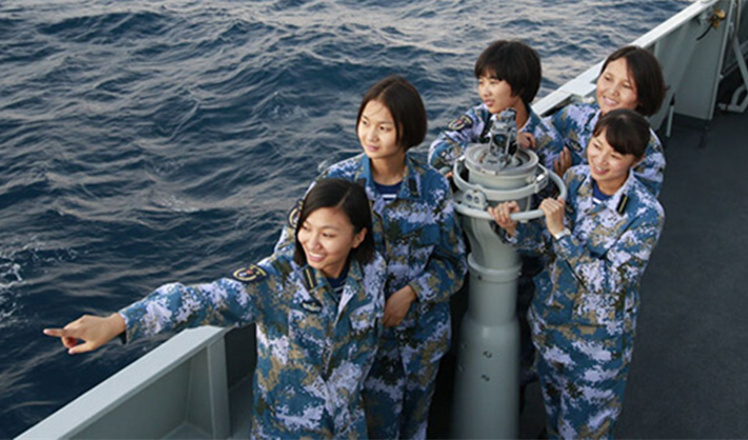
 Female soldiers on Frigate Jingzhou
Female soldiers on Frigate Jingzhou
 Synchronized swimming duo advances into final
Synchronized swimming duo advances into final
 Beach dedicated to dogs opens in Croatia
Beach dedicated to dogs opens in Croatia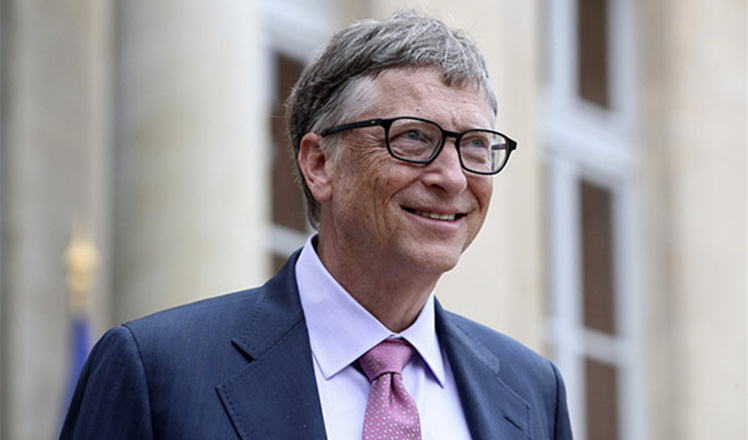
 Top 10 tech billionaires worldwide
Top 10 tech billionaires worldwide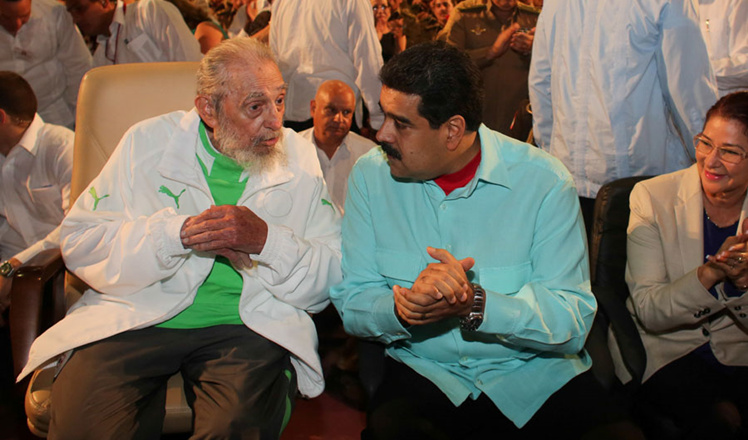
 Castro, 90, offers thanks on birthday, slams Obama
Castro, 90, offers thanks on birthday, slams Obama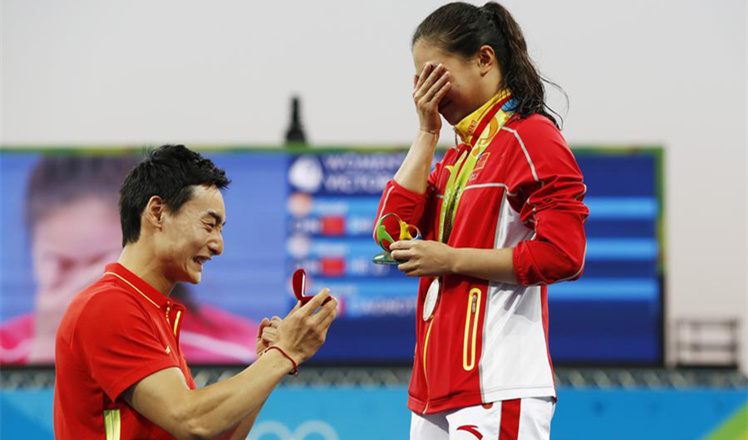
 Romantic ending for Olympic diving lovebirds
Romantic ending for Olympic diving lovebirds
Most Viewed
Editor's Picks

|

|

|

|

|

|
Today's Top News
Trump outlines anti-terror plan, proposing extreme vetting for immigrants
Phelps puts spotlight on cupping
US launches airstrikes against IS targets in Libya's Sirte
Ministry slams US-Korean THAAD deployment
Two police officers shot at protest in Dallas
Abe's blame game reveals his policies failing to get results
Ending wildlife trafficking must be policy priority in Asia
Effects of supply-side reform take time to be seen
US Weekly

|

|









